If you can read some French, you should take a look at this article about the ELS that appeared recently in the French press. It's nice to be noticed.
Update: Here's a rough translation:
Will Sutherland's two boats, replicas of a [19th-century] pilot cutter called The Alouette, are returning to service after an extensive renovation. On board, students will learn or hone nautical navigation skills using a very Anglo-Saxon method.
The two replicas of the Malouin [from St-Malo] Alouette have been fully refurbished. Sanded and refinished, Marie-Claude and Yseult are now ready to put to sea again. The non-profit QBE Education is ready to resume its courses where they take young 16–80 [sic, should be 24] year olds on expeditions that leave them different people.
Back To St.-Malo
Marie-Claude and Yseult were built in Falmouth, in Cornwall, in 1996 and 2000 respectively. It was a Frenchman who discovered the plans for The Alouette, a pilot cutter built by François Lemarchand. The Alouette had an exceptional career; excellent upwind, its sturdy construction enabled it to have a 40-year run. As for the replicas, they do the original justice. Their thick fiberglass hulls make them extremely sturdy. Will Sutherland found the boats on the second-hand market in 2010. It's a great story because, thanks to him, they now also have found a home in St.-Malo.
Experience
Will Sutherland is used to teaching youngsters. His method: a sort of "learning by doing." It was developed over the years at a Swiss boarding school [where he taught]. An association of pilot cutters was established in England in 2010. As proof of 30 years of fond memories, his old students are now asking him to take their kids so that they, too, can experience what their parents did between 1975 and 1989, when Sutherland—their teacher—took them sailing on his boat moored at Antibes [in the south of France]. Today, his home port is St.-Malo, "a perfect place to learn how to navigate the rocks, winds, and tides." Sutherland first visited the "City of Corsairs" when he was 10 years old, an experience he has never forgotten.
Accountability
Qualified By Experience, founded in 2010 [actually, 1992] allows youngsters to learn to live together, to work together as a team, and to hone leadership skills—in the English sense of developing the competence as well the charisma necessary to motivate others to do their best. Participants may be novice sailors and they come from around the world. Everything promotes mutual respect and exchange. Everybody must learn to apply the skills necessary to complete all necessary tasks. Sutherland doesn't say very much and doesn't provide solutions to problems. When youngsters aren't told how to do things, they are forced to make their own decisions. Often at the beginning of a course, he asks the participants," Where do you want to be in five years?" It's a way of making them understand their destinies rest in their own hands.




















